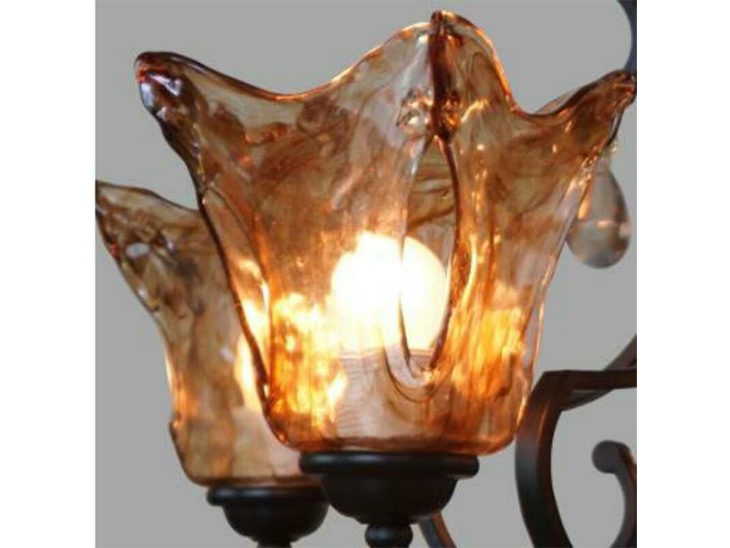The appearance of the glass is generally very smooth, and the general coating is difficult to adhere to the outer surface of the glass. The good glass paint forms a stable and hard paint film on the outer surface of the glass, and exhibits high brightness and high gloss in appearance. Generally, the viscosity is low during construction, and sag does not occur together.
Oily glass lacquers need to participate in more than 50% organic solvents (toluene, xylene, industrial alcohol, etc.) in the paint. The contaminated, flammable, and vaporized gas will cause great harm to the human body; in recent years, The water-based paint industry is developing rapidly, and with the use of high-tech, new varieties are constantly being developed. The original solvent-based paints have been gradually replaced by water-soluble paints. Now domestic and foreign companies are constantly proposing more on China's product quality standards. High requirements are now related to the livelihoods and development of many companies. In particular, wine bottles as food packaging, its requirements for non-toxic, non-polluting, environmental protection is more stringent than general industrial products, unqualified products have slowly begun to withdraw from the mall. From the plasticizer incident of the liquor profession, we can recognize that the liquor occupation should eradicate all the pollution hazards. Significantly, the oily glass paint is damage and ecological environment damage, reducing production costs and investment costs. It is the direction of current and future career development. Significant sources of pollution are dangerous. In order to get used to the current economic situation, for glass deep processing and other enterprises, the advent of water-based glass glaze solves the problem of energy saving, environmental protection, safety, pollution-free and fire hazard of some manufacturers.
Oily glass paints are solvent thinner paints and solvent cleaning equipment. In this way, the cost difference between the two is not much. Oily glass paints and thinners are still flammable and explosive materials, which poses a high risk of fire protection, which in turn makes it necessary to add a fire-fighting investment to factories that use oil-based paints, and plants that use water-based glass glazes do not need to consider this issue. .

Related Industry Knowledge
- Floor paint construction acceptance standard floor paint construction plan
- Characteristics and construction technology of glass wine bottle paint
- Process difference and advantages and disadvantages of vacuum electroplating varnish and water electroplating varnish
- Waterborne metal baking paint spraying precautions
- About the construction of water-based glass bottle paint
- What are the problems with the epoxy floor paint in the underground parking lot?
- Double propylene polyurethane sealant construction process and precautions
- The difference between art floor and epoxy floor Guangzhou Tianmai supply high quality floor paint
- Several points that must be known before the construction of self-leveling epoxy floor paint
- Waterborne metal paint has become a mainstream product in the waterborne coating industry.
- Glass paint - feels smooth, you want to have it at first glance
- Electroplating varnish if it lasts for a long time
- Analysis and introduction of waterborne glass paint
- What are the advantages of colored wear-resistant pavement coatings?
- What are the decorative methods of waterborne metallic paints?
- How to save on the use of waterborne metallic paint
- The details to be paid attention to during the use of waterborne metallic paint
- Floor paint commonly used additives
- Glass paint, glass scale paint stupid is not clear? It is enough to read this one!
- What factors are affected by self-leveling epoxy floor paint?

